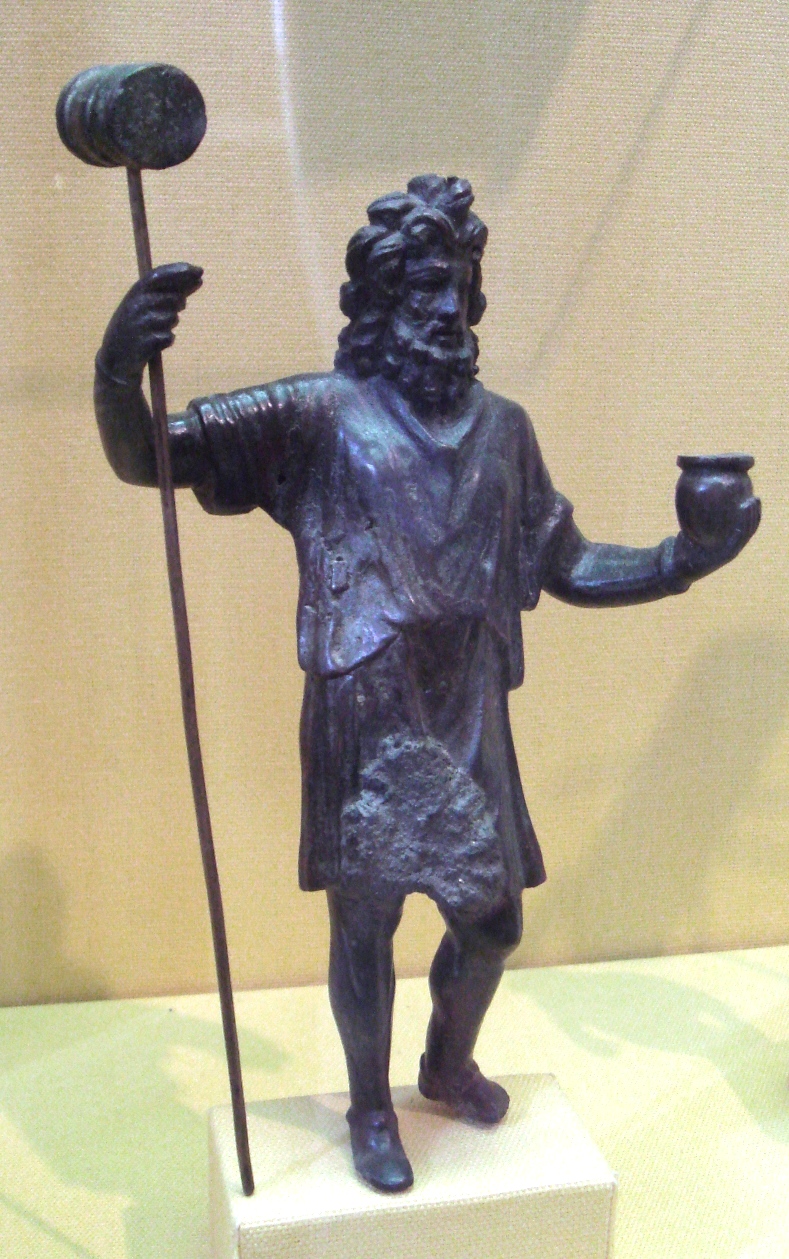|
Isle Of The Dead (mythology)
The Isle of the Dead is a concept from pre-Christian Europe of an island to the west where souls went after death. It is reported as being part of Celtic belief by several Roman historians, and evidence for this belief is also found in Welsh folklore. It also existed in ancient Germanic traditions where the British Isles were sometimes depicted as the isles to the west that the dead inhabited. References * Locations in Celtic mythology Mythological islands {{Celt-myth-stub Afterlife places ... [...More Info...] [...Related Items...] OR: [Wikipedia] [Google] [Baidu] |
Arnold Böcklin - Die Toteninsel I (Basel, Kunstmuseum)
Arnold may refer to: People * Arnold (given name), a masculine given name * Arnold (surname), a German and English surname Places Australia * Arnold, Victoria, a small town in the Australian state of Victoria Canada * Arnold, Nova Scotia United Kingdom * Arnold, East Riding of Yorkshire * Arnold, Nottinghamshire United States * Arnold, California, in Calaveras County * Arnold, Carroll County, Illinois * Arnold, Morgan County, Illinois * Arnold, Iowa * Arnold, Kansas * Arnold, Maryland * Arnold, Mendocino County, California * Arnold, Michigan * Arnold, Minnesota * Arnold, Missouri * Arnold, Nebraska * Arnold, Ohio * Arnold, Pennsylvania * Arnold, Texas * Arnold, Brooke County, West Virginia * Arnold, Lewis County, West Virginia * Arnold, Wisconsin * Arnold Arboretum of Harvard University, Massachusetts * Arnold Township, Custer County, Nebraska Other uses * Arnold (automobile), a short-lived English car * Arnold of Manchester, a former English coachbuilder * Arnold (band), ... [...More Info...] [...Related Items...] OR: [Wikipedia] [Google] [Baidu] |
Celtic Mythology
Celtic mythology is the body of myths belonging to the Celtic peoples.Cunliffe, Barry, (1997) ''The Ancient Celts''. Oxford, Oxford University Press , pp. 183 (religion), 202, 204–8. Like other Iron Age Europeans, Celtic peoples followed a polytheistic religion, having many gods and goddesses. The mythologies of continental Celtic peoples, such as the Gauls and Celtiberians, did not survive their conquest by the Roman Empire, the loss of their Celtic languages and their subsequent conversion to Christianity. Only remnants are found in Greco-Roman sources and archaeology. Most surviving Celtic mythology belongs to the Insular Celtic peoples (the Gaels of Ireland and Scotland; the Celtic Britons of western Britain and Brittany). They preserved some of their myths in oral lore, which were eventually written down by Christian scribes in the Middle Ages. Irish mythology has the largest written body of myths, followed by Welsh mythology. The supernatural race called the Tuatha ... [...More Info...] [...Related Items...] OR: [Wikipedia] [Google] [Baidu] |
Locations In Celtic Mythology
In geography, location or place are used to denote a region (point, line, or area) on Earth's surface or elsewhere. The term ''location'' generally implies a higher degree of certainty than ''place'', the latter often indicating an entity with an ambiguous boundary, relying more on human or social attributes of place identity and sense of place than on geometry. Types Locality A locality, settlement, or populated place is likely to have a well-defined name but a boundary that is not well defined varies by context. London, for instance, has a legal boundary, but this is unlikely to completely match with general usage. An area within a town, such as Covent Garden in London, also almost always has some ambiguity as to its extent. In geography, location is considered to be more precise than "place". Relative location A relative location, or situation, is described as a displacement from another site. An example is "3 miles northwest of Seattle". Absolute location An absolute locatio ... [...More Info...] [...Related Items...] OR: [Wikipedia] [Google] [Baidu] |
Mythological Islands
Myth is a folklore genre consisting of narratives that play a fundamental role in a society, such as foundational tales or origin myths. Since "myth" is widely used to imply that a story is not objectively true, the identification of a narrative as a myth can be highly controversial. Many adherents of religions view their own religions' stories as truth and so object to their characterization as myth, the way they see the stories of other religions. As such, some scholars label all religious narratives "myths" for practical reasons, such as to avoid depreciating any one tradition because cultures interpret each other differently relative to one another. Other scholars avoid using the term "myth" altogether and instead use different terms like "sacred history", "holy story", or simply "history" to avoid placing pejorative overtones on any sacred narrative. Myths are often endorsed by secular and religious authorities and are closely linked to religion or spirituality. Many soci ... [...More Info...] [...Related Items...] OR: [Wikipedia] [Google] [Baidu] |
.jpg)

